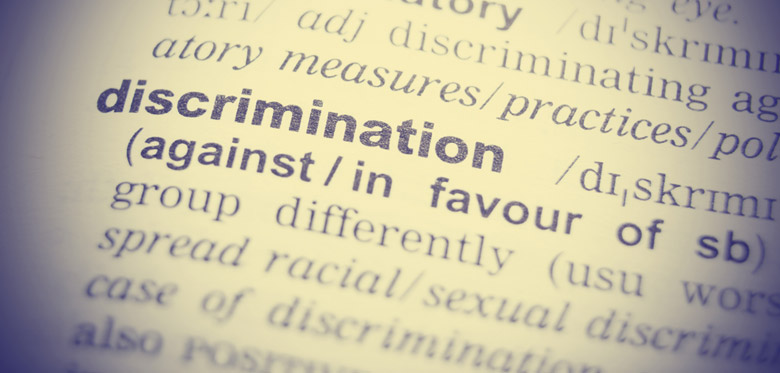Positive discrimination has been a topic of discussion recently due to allegations having been reportedly raised by the Conservative Party in respect of the Labour Party’s application of tiered charges to hear Jeremy Corbyn speak at an upcoming conference in the Midlands, namely offering a subsidy to Labour Black, Asian and Minority Ethnic (BAME) members.
Positive discrimination is ‘generally unlawful in the UK’ and is best described as the act of giving advantage to protected groups in society that are often treated unfairly because of a protected characteristic. The protected characteristics as defined by the Equality Act 2010 include:
- Age
- Gender
- Race
- Sexual orientation
- Marriage and civil partnership
- Pregnancy and maternity
- Gender reassignment
- Religious beliefs
- Disability
An example of positive discrimination would be if an employer chose to recruit a person because they have a specific protected characteristic, rather than because the person was the best candidate for the role.
In contrast, positive action is lawful under s158 and s159 of the Equality Act 2010, provided that the relevant conditions are met. This allows ‘an employer to take action to compensate for disadvantages that it reasonably believes are faced by people who share a particular protected characteristic.’
The effect of s158 of the Equality Act 2010 is to ‘permit a general exception to allow for positive action by allowing a person to take any action, as long as it is a proportionate means, to achieve the aims of enabling or encouraging persons who share the protected characteristic to overcome or minimise that disadvantage, meeting those needs, or enabling or encouraging persons who share the protected characteristic to participate in that activity’.
The provisions of the act not only apply to positive action employment but also in the provision of services and public functions by other organisations.
Measures meeting one or more of the aims set out above will be permitted if a person ‘reasonably thinks that those in a protected group suffer disadvantages connected to their protected characteristic, or have different needs or are underrepresented’.
This stance was taken as it was accepted in both EC and domestic law, that ‘in order to achieve full equality in practice, disadvantaged groups may actually require different treatment… because not all groups start off from the same position’.
Positive action has been applied in the political sphere before, dating back to 1997 with the purported purpose to ‘secure a parliament more reflective of the people the parties represent’. Positive action measures introduced into politics have previously reportedly ensured that ’37% of the first MSPs were women’.
It therefore appears that in this instance, the actions of the Labour Party to tier charges to Jeremy Corbyn’s speech in Loughborough, could be justified under the relevant legislation if it can be established that the fee tiering system has been implemented to encourage members of racial minorities to participate in the event where it was reasonably thought that they would otherwise have been under represented and so such action would proportionately alleviate the disadvantage suffered. Should this be established then the system would be considered to amount to permissible positive action rather than unlawful positive discrimination.
If you feel you have been positively discriminated against as a result of a protected characteristic, you may be able to bring a claim for discrimination under the terms of the Equality Act 2010. Please contact our specialist discrimination team for further advice on 01616 966 229.
By Emma Corrie, employment and discrimination team



Comments